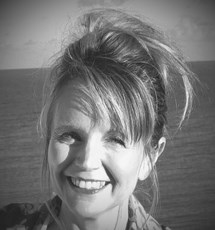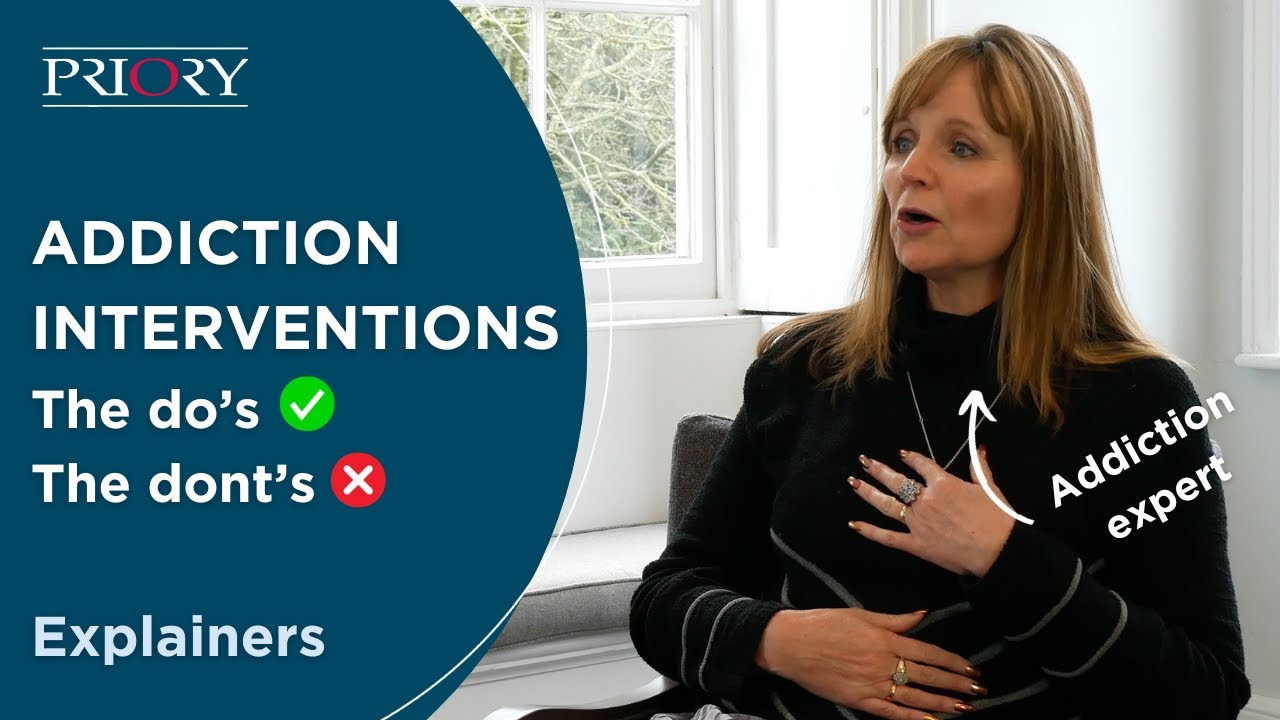About
Dee is a seasoned counsellor and supervisor with expertise in addiction therapy and has specialised in the addiction treatment programme since 2010. She practices as an integrative counsellor, with skills in CBT and mindfulness.
After qualifying in counselling and psychotherapy, Dee joined Priory Hospital Chelmsford in Essex as a therapist over 14 years ago, and has been part of the addiction treatment team ever since. She works with inpatients, delivering group psychotherapy sessions and educational workshops as part of a multidisciplinary team, as well as supporting student counsellors and training colleagues.
Research interests
Dee recently took a trip to Zanzibar gain insight into how mental health and addiction is recognised elsewhere in the world. She got the opportunity to get a deeper comprehension into another culture, first-hand, enabling her to really appreciate the similarities, differences and variety of challenges that impact those that have mental health issues, those that work in this sector and the wider society.
Broadening her understanding and appreciation of how it is outside of her own space, helps to inform, improve and enlighten her practice as a mental health professional.
Dee's learnings:
- Depending on geography, the more prevalent drug of choice in each place is influenced by affordability and accessibility
- As a reasonably remote island in the Indian Ocean, Zanzibar is susceptible to being a gateway for drug trafficking
- Poverty, social pressures and inequality can increase a community’s vulnerability to substance abuse, which is why addiction is a huge issue. For some people, selling drugs is a much needed income - not much different to here in the UK
Challenges:
- Stigmas and shame because addiction is misunderstood
- The lack of resources – Zanzibar only has 4 private rehabilitation houses remaining
- The average cost to put a family member in rehab in Zanzibar is approximately 1 month’s average wage, and considering employment is tough here and seasonal, this is often not viable
- There is a huge need for ongoing community support - once a person finds recovery through one of the rehabilitation centres, what happens next when they leave?
The Zanzibar trip highlighted the need for non-competitive sharing of information, ideas and strategies - ultimately, a global recovery connection. Within this, countries that have a greater amount of poverty and geographical vulnerability, like beautiful Zanzibar, don’t have to struggle so much on their own. As mental health professionals, researchers, scientists and governments, we have a duty to work together. When it comes to the devastation and heavy burdens that addiction brings, we all go through the same pressures and pain.


